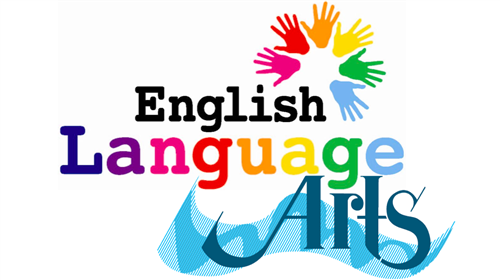
Reading/Comprehension Skills. Students use a flexible range of metacognitive reading skills in both assigned and independent reading to understand an author’s message. Students will continue to apply earlier standards with greater depth in increasingly more complex texts as they become self-directed, critical readers. The student is expected to:
- reflect on understanding to monitor comprehension (e.g., asking questions, summarizing and synthesizing, making connections, creating sensory images); and
- make complex inferences (e.g., inductive and deductive) about text and use textual evidence to support understanding.

Reading/Comprehension Skills. Students use a flexible range of metacognitive reading skills in both assigned and independent reading to understand an author’s message. Students will continue to apply earlier standards with greater depth in increasingly more complex texts as they become self-directed, critical readers. The student is expected to:
- reflect on understanding to monitor comprehension (e.g., asking questions, summarizing and synthesizing, making connections, creating sensory images); and
- make complex inferences (e.g., inductive and deductive) about text and use textual evidence to support understanding.

Reading/Comprehension Skills. Students use a flexible range of metacognitive reading skills in both assigned and independent reading to understand an author’s message. Students will continue to apply earlier standards with greater depth in increasingly more complex texts as they become self-directed, critical readers. The student is expected to:
- reflect on understanding to monitor comprehension (e.g., asking questions, summarizing and synthesizing, making connections, creating sensory images); and
- make complex inferences (e.g., inductive and deductive) about text and use textual evidence to support understanding.


